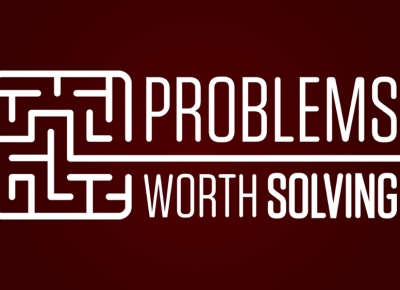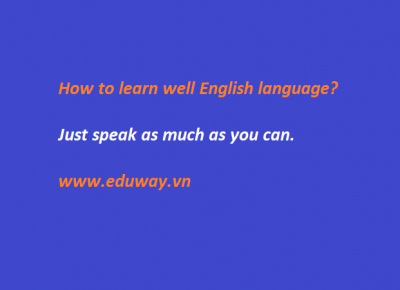Why most startups fail?
Over five to ten years, most startups fail – approximately 75% of them and only 25% still works. Why this happens? Because it is hard, very hard to start a business and thrive. This failure is costly in terms of time, effort and money. Can we design a way to start a company that is more likely to succeed, so that less waste is produced across society?
Yes, I think first we must think about the values that the founders want to bring to the market. These values must be good and accepted by enough number of customers in the target market, and these customers MUST BE GLAD to pay to obtain the value from the startup.
The basic of starting a company or a shop is the VALUE, the TARGET CUSTOMERS (Target Market) and the ACCEPTANCE of the Market measured by real payment. Startups generally do not have a lot of resources and to survive they must prove that their values are good enough that customers would buy in if the customers know about the offering. The only way to prove is by contacting customers and ask them to buy and test along the way until the startup can perfect the products or services.
If the customers do not like to buy the products, they refuse to pay and try. The startup must accept this fact and make choice: change the market, change the concept of business or fold the business. This is what we call fail fast – it is a good way to avoid waste of effort, time and money.
Surely it is not easy to understand the market to an extent that we can be ascertain that the market will support our business. We will have a better chance if the founders know well the market and churn out products that the market needs and customers are ready to pay for it. If we do not know deeply the market, the only way to test the market is interact with customers face-to-face, then bring prototype to solve customers’ problems and convince them to buy. This is The Scientific Method to test Business Concept.
May our founders overestimate the value of the products and believe that the Market will support their businesses until they face the truth: existing companies are doing well in the market offering similar or even better solutions to customers. This is one of the important reason the founder must know the market well: the competitors and the customers, before investing heavily into the business. Competition is expensive and may not worth the effort and time.
The key to start a business is understand the Target Market and then offer Good Value. Founders must test the value seriously and as fast as they can to avoid waste.









